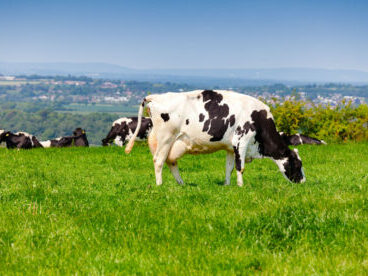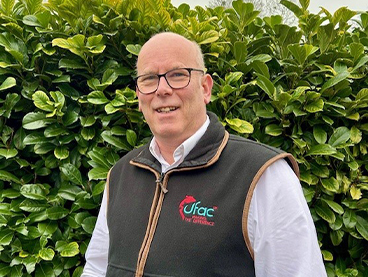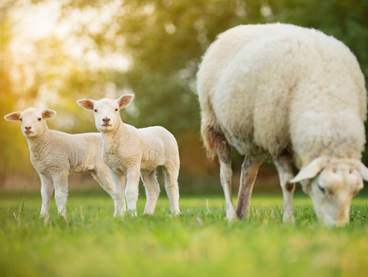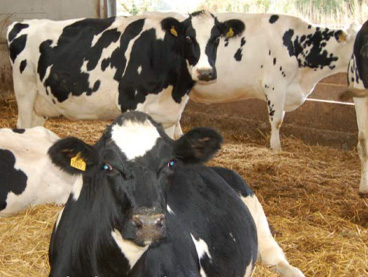Feed Conversion Efficiency (FCE) key to sustainable UK beef industry
As part of having a sustainable UK beef industry, it is critical that beef production maximises feed conversion efficiency (FCE), while enhancing fertility and health and using environmentally responsible and sustainable feeds, explains nutritional supplement manufacturer UFAC-UK.
As the 11th Great British Beef Week this year celebrates and highlights the work of British beef farmers and supports sustainable production practices, UFAC-UK’s David Bonsall says balancing fatty acid profiles is key to any successful beef feeding system.
“To achieve FCE and enhance fertility and health, diets must contain a balanced fatty acid profile. Individual fatty acids have specific roles, and getting the balance right will improve productivity,” he explains.
“There are many and varied beef feeding systems, but they should all have clear aims of generating maximum profit, both by optimising breeding performance and maintaining growth rates to meet market requirements,” adds Mr Bonsall.

Growing and fattening rations
For finishing animals, the key is energy density, which must be increased to maintain growth rates in larger animals. However, increasing energy density with additional starch carries the risk of laminitis and lower dry matter intakes, due to acidosis.
To avoid this risk, the answer lies in highly digestible, rumen-inert fatty acids, that are up to 2.5 times higher in energy than other carbohydrate ingredients, including cereals.
“UFAC-UK mega beef is a unique blend of specially selected rumen-inert fatty acids excluding any palm oil or derivatives. It does, though, include Omega-3s EPA and DHA, along with C18:1 Oleic acid, which increases the digestion of all fatty acids in the ration,” says Mr Bonsall
The Omega-3 fats EPA and DHA, sourced from marine oils, boost the immune system so that more energy is available to optimise performance. Having an optimal immune system also means healthier animals, which in turn could be an aid to reducing antibiotics.
“This combination is ideal to maximise FCE, daily live weight gain (DLWG) and carcase quality,” adds Mr Bonsall.
UFAC-UK has developed a Beef Feeding Plan, providing personalised technical support and specially formulated products. It shows how it is possible to increase margins by £49 per head or throughput on the farm by up to 10% without using palm fats as an energy source.
“Breed, frame size and target market will vary but the opportunity to exploit maximum genetic potential through feeding is consistent. Feeding specific fatty acids that support feed conversion, growth rate and lean deposition is the most effective way of achieving a balanced, cost-effective diet that optimises feed efficiency and maximises profit.” he concludes.


 Back to News
Back to News 



